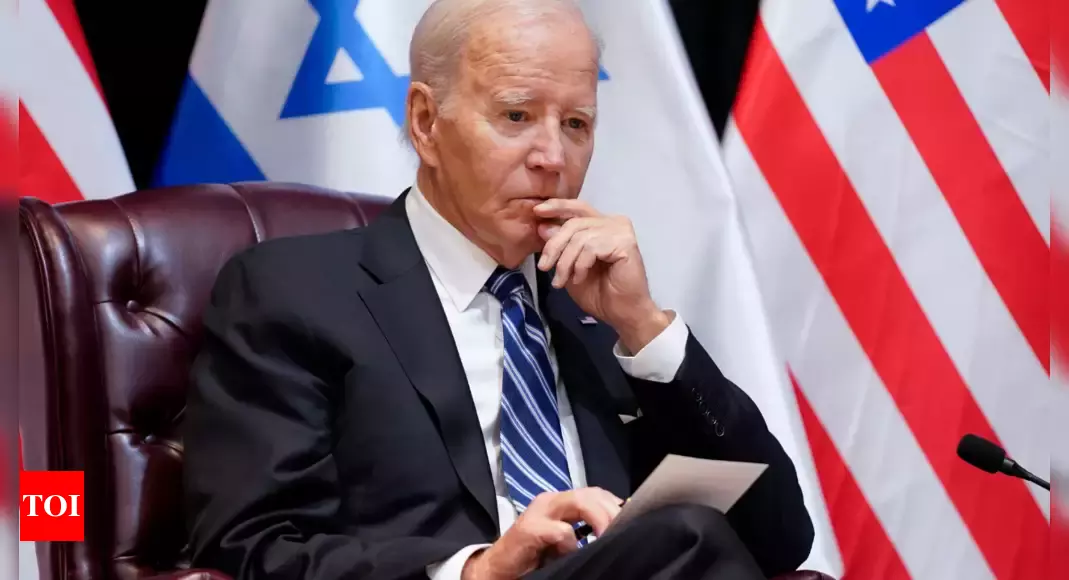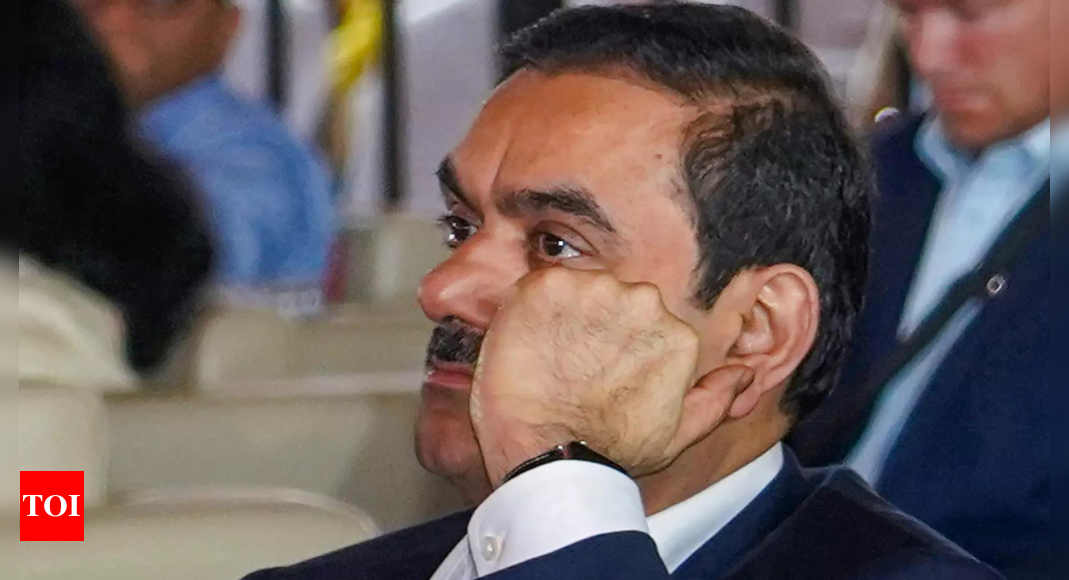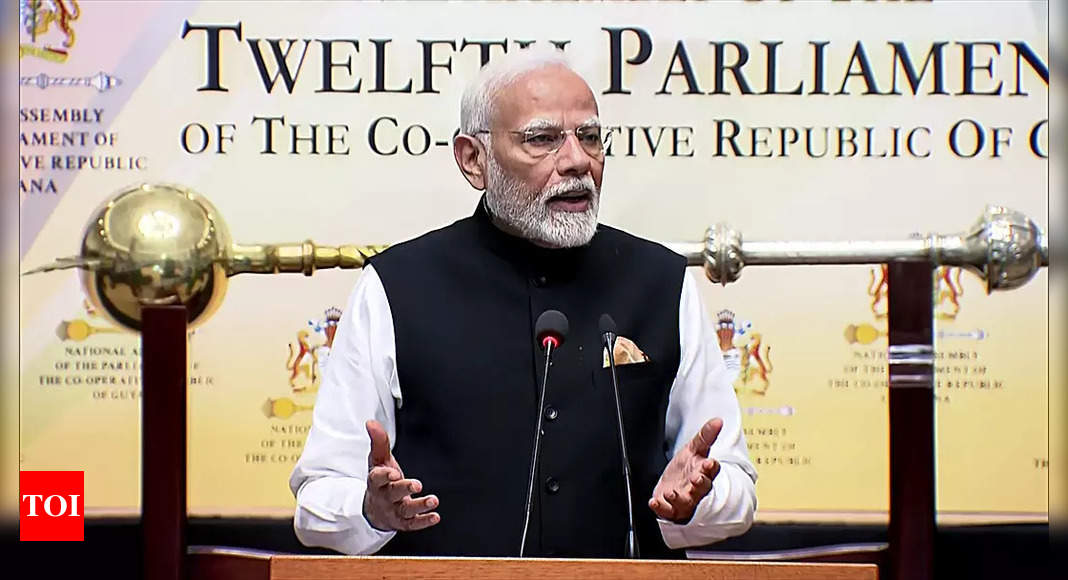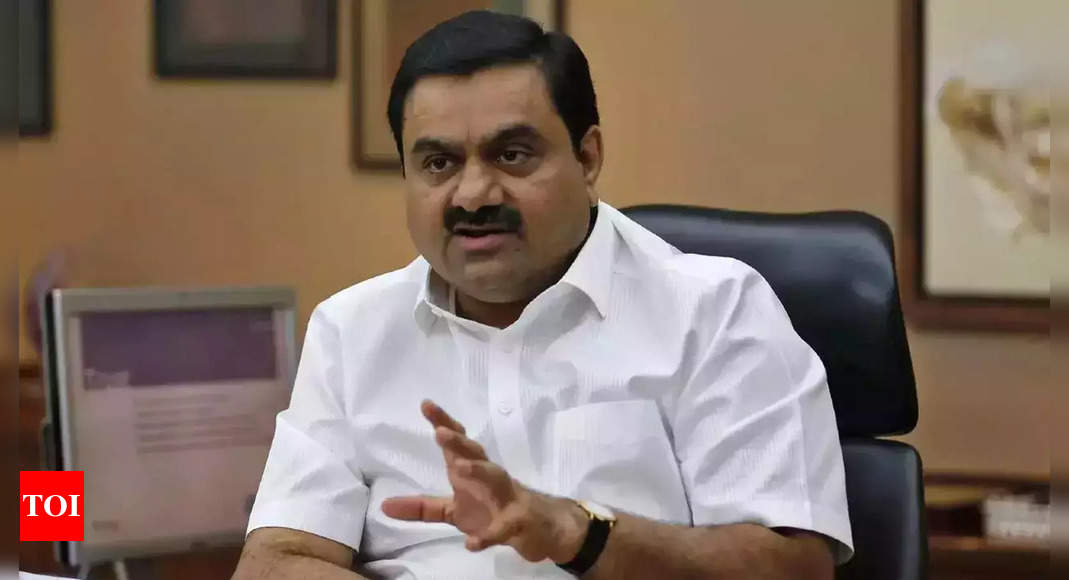
Throughout his five-decade political career, Biden built extensive relationships with numerous foreign leaders, unmatched by any potential Democratic replacements.Following his announcement, he received an outpouring of support and gratitude for his years of service.
Kamala Harris And ‘Operation Coconut Tree’ Viral After Biden’s Pres Race Exit | Here’s Why
The array of foreign policy challenges awaiting the next US president highlights the major global impact of decisions made in Washington.
Here’s an overview of some of these challenges.
Israel-Hamas
With Vice President Kamala Harris considered a potential successor to Biden, Israelis are eager to understand the implications of her candidacy amid Israel’s increasing global isolation over its military campaign against Hamas.
Israel’s left-wing Haaretz newspaper highlighted Harris’ history of support for Israel, noting her role as Biden’s “bad cop,” vocally criticizing Israel’s actions in Gaza. Recently, she has been more vocal than Biden in advocating for a cease-fire, condemning the invasion of Rafah, and expressing concern over civilian casualties in Gaza.
Alon Pinkas, a former Israeli consul general in New York, remarked, “With Biden leaving, Israel has lost perhaps the last Zionist president. A new Democratic candidate will upend the dynamic.”
Biden’s strong defense of Israel, especially since Hamas’ attack on October 7, stems from his long-standing support for the country as a senator, vice president, and president. Israeli defense minister Yoav Gallant thanked Biden for his “unwavering support,” particularly during the ongoing conflict.
Israeli President Isaac Herzog lauded Biden as a “symbol of the unbreakable bond between our two peoples” and a “true ally of the Jewish people.” However, there was no immediate response from Prime Minister Benjamin Netanyahu, an ally of former President Donald Trump, whose relations with Biden have been strained during the Israel-Hamas war.
Russa-Ukraine
Any Democratic candidate is expected to continue Biden’s strong military support for Ukraine, despite growing frustration in Ukraine and Europe over the slow pace of US aid and restrictions on Western weapons.
Sudha David-Wilp of the German Marshall Fund noted that Europeans are preparing for Ukraine to become their primary responsibility. Ukrainian President Volodymyr Zelenskyy thanked Biden for his decision to drop out and for helping prevent a Russian occupation.
Trump has promised to end Russia’s war on Ukraine in a day if elected, raising fears in Ukraine that Russia might retain occupied territories. His vice presidential pick, Ohio Senator JD Vance, is a vocal opponent of US aid for Ukraine.
Russia, meanwhile, remains indifferent to the US race, with Kremlin spokesman Dmitry Peskov stating Moscow will continue its actions in Ukraine regardless of the outcome.
China
Both Biden and Trump have emphasized their ability to stand up to China’s military and economic power. Biden increased tariffs on Chinese electric vehicles, while Trump promised a 60% tariff on all Chinese products.
Trump’s “America First” policy heightened tensions with Beijing, and disputes over trade, technology, and security persisted under Biden. China’s reaction to the US presidential race has been cautious. Xinhua downplayed Biden’s decision, and Global Times editor Hu Xijin noted that the Democratic candidate might not significantly change US-China relations, suggesting voters are divided into Trump supporters and opponents.
Iran
Iran’s proxies are increasingly involved in Israel-Hamas war, adding to instability in the middle-east. Yemen’s Iran-backed Houthis recently attacked Tel Aviv, triggering Israeli retaliation in Yemen. Tensions between Lebanon’s Hezbollah and the Israeli military risk escalating into a broader conflict. Hamas, supported by Iran, continues its prolonged battle against Israel, resulting in significant casualties and displacement in Gaza.
The US and its allies accuse Iran of expanding its nuclear program, with uranium enrichment nearing weapons-grade levels. After Trump withdrew from the nuclear deal in 2018, Biden aimed to reverse this stance but maintained sanctions and failed to renegotiate the agreement.
The sudden death of hard-line Iranian leader Ebrahim Raisi in a helicopter crash brought reformist Masoud Pezeshkian to the presidency. Pezeshkian aims to open Iran to the world while maintaining a defiant stance against the US.
Europe and Nato
Many Europeans welcomed Trump’s departure due to his critical stance on the EU and Nato. In contrast, Biden’s support for close ties with European leaders was evident after his decision to exit the race. Polish Prime Minister Donald Tusk and British Prime Minister Keir Starmer expressed respect for Biden’s choice, while Irish Prime Minister Simon Harris praised him warmly.
The upcoming US presidential election raises questions about Nato’s ability to support Ukraine and counter authoritarian states. Jeremy Shapiro of the European Council on Foreign Relations noted European relief mixed with nervousness over Biden’s decision, highlighting widespread confusion.









